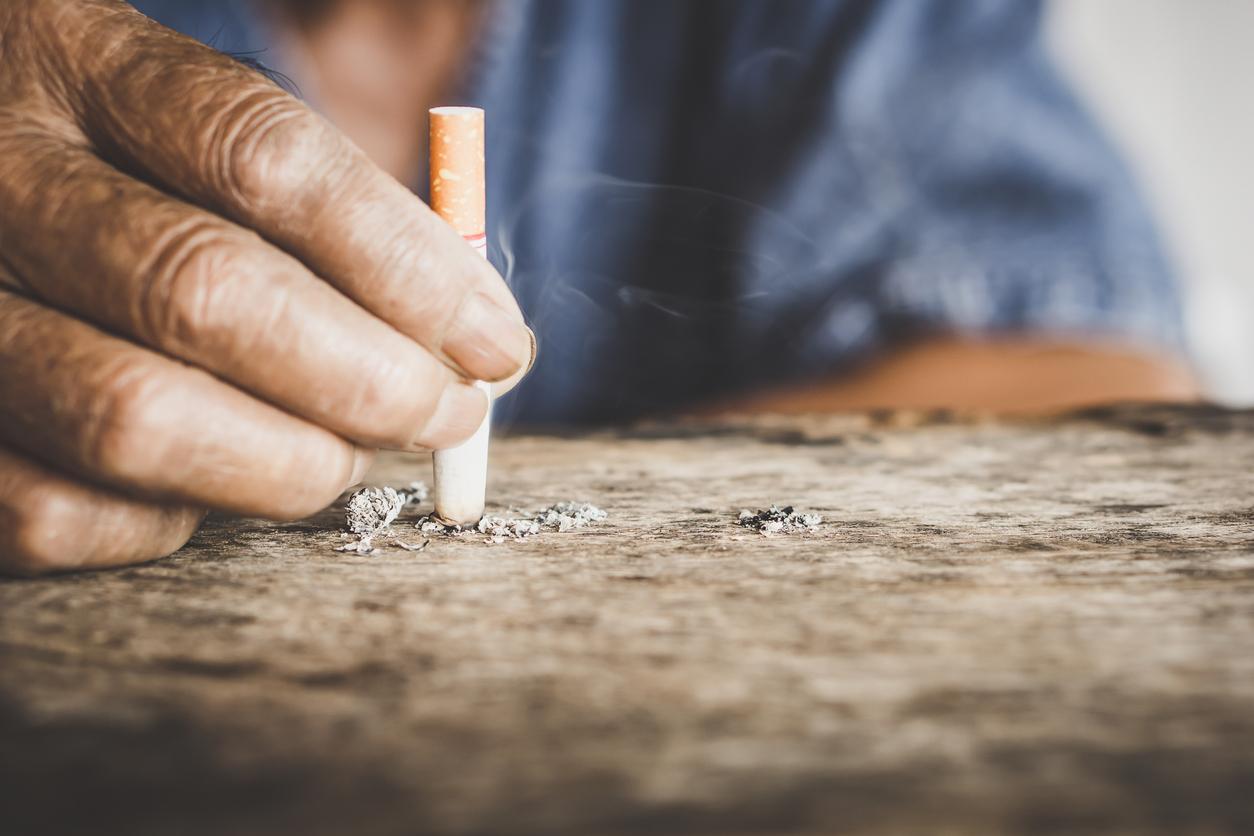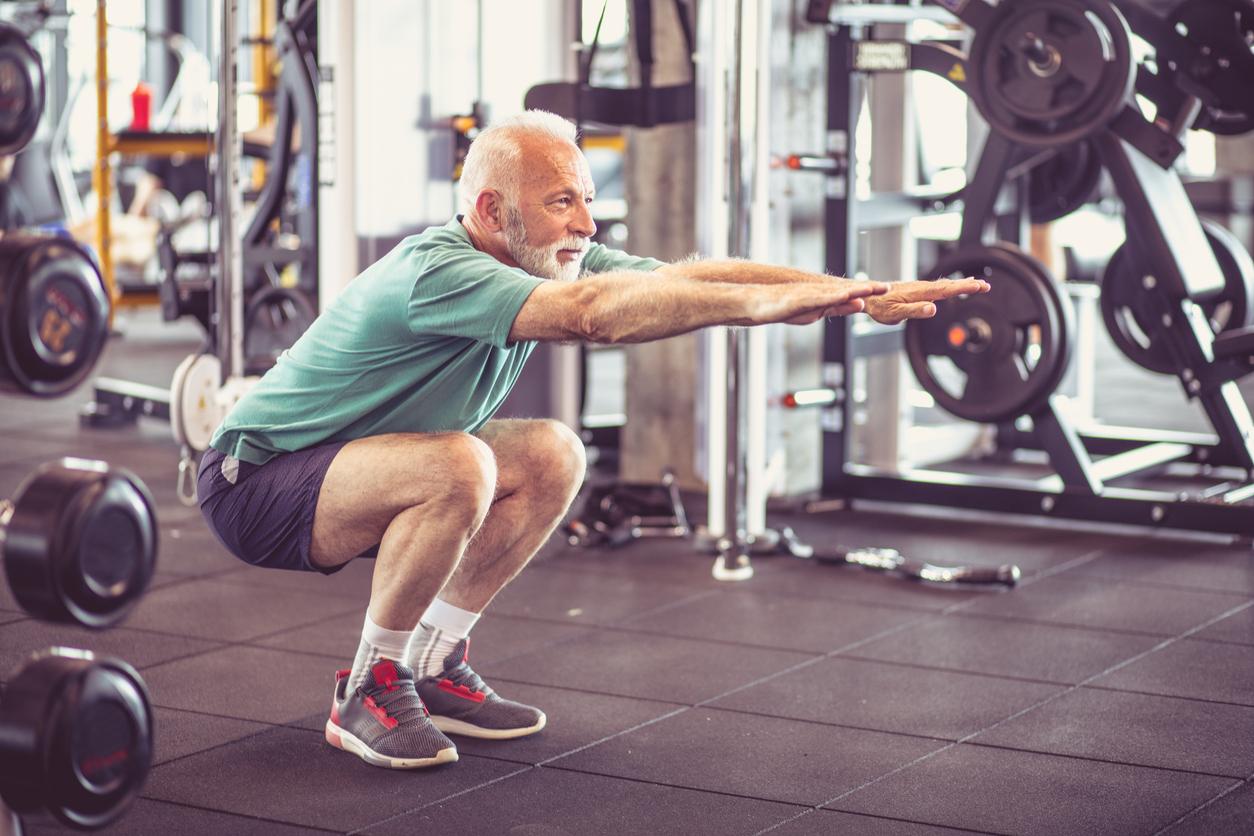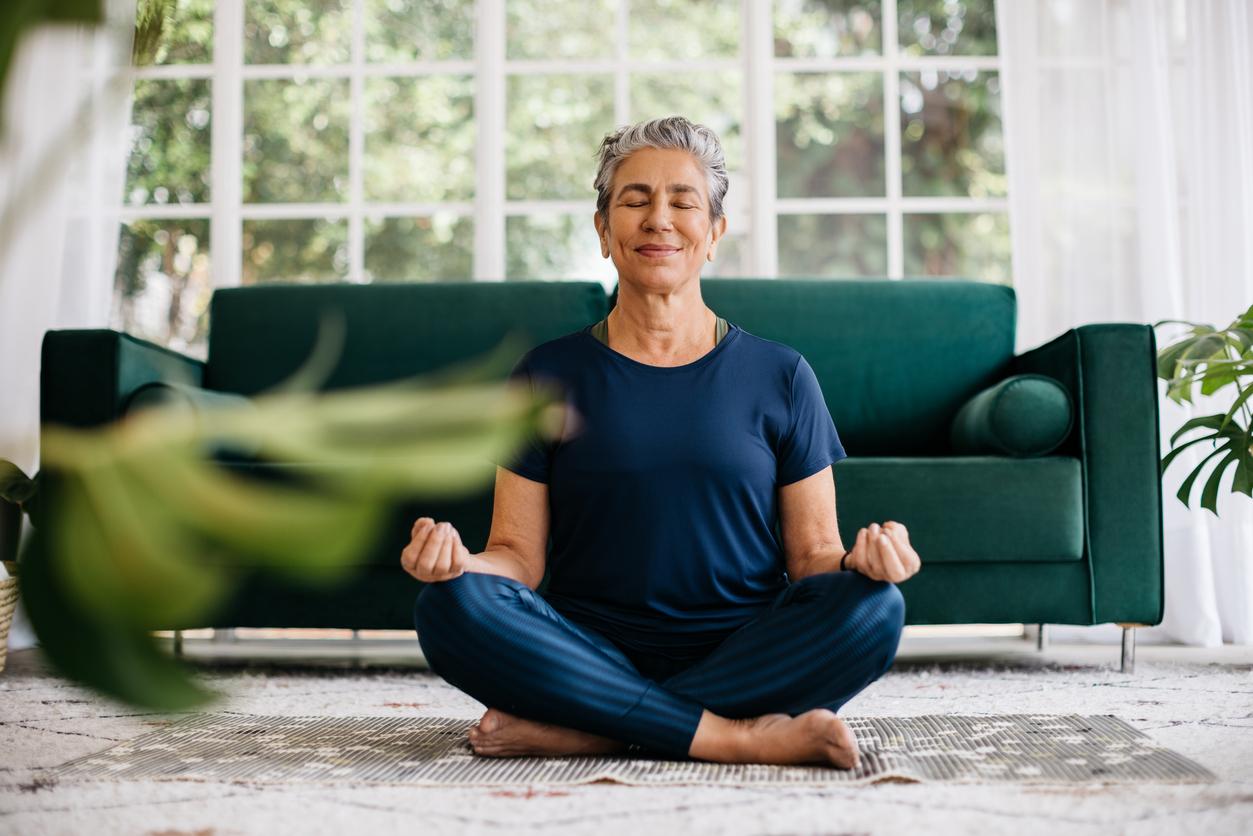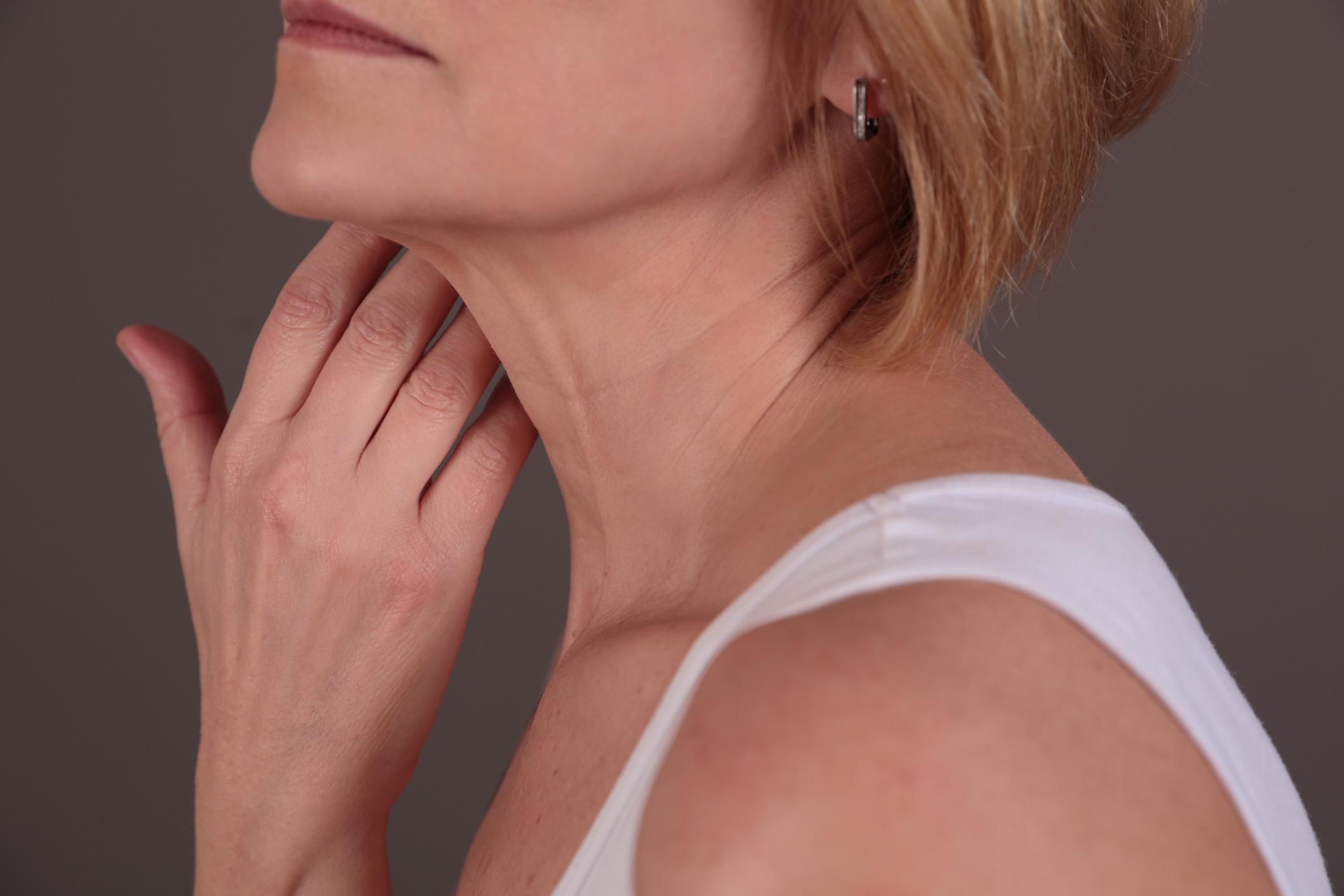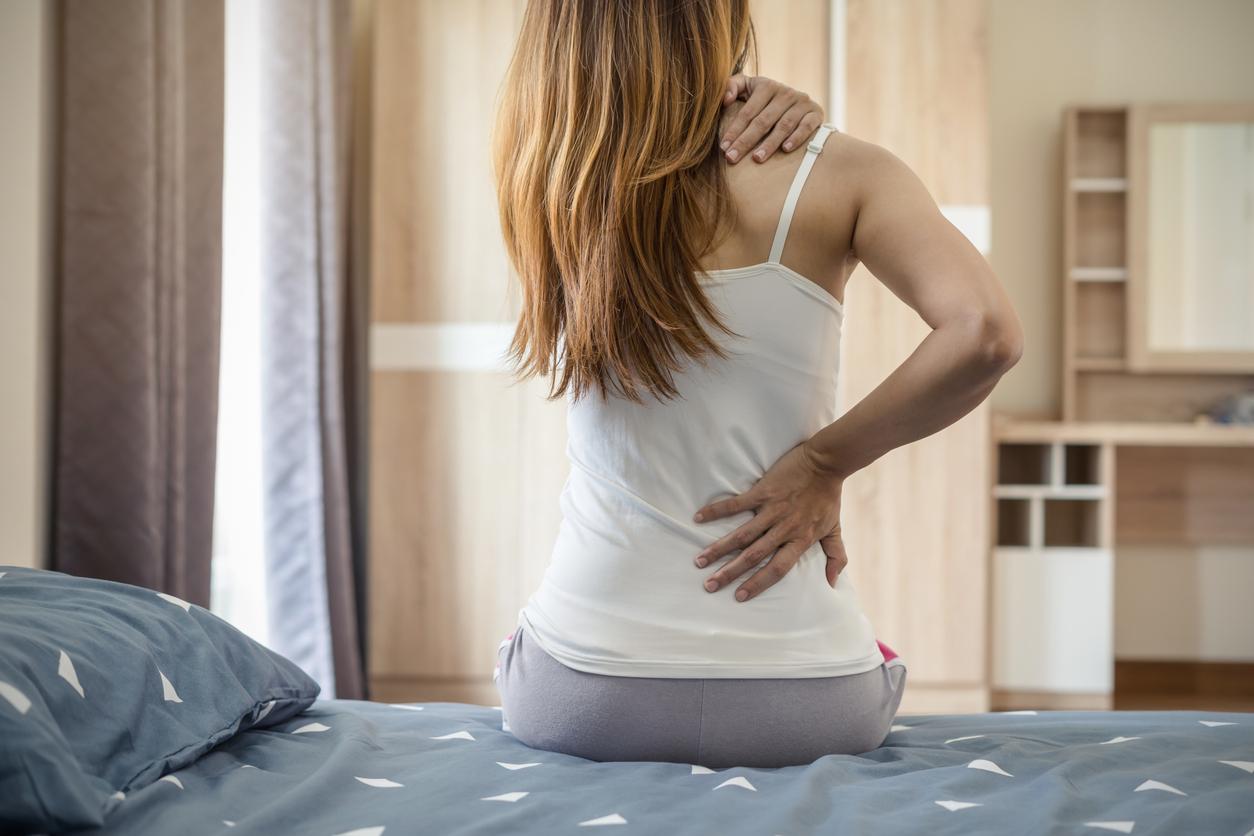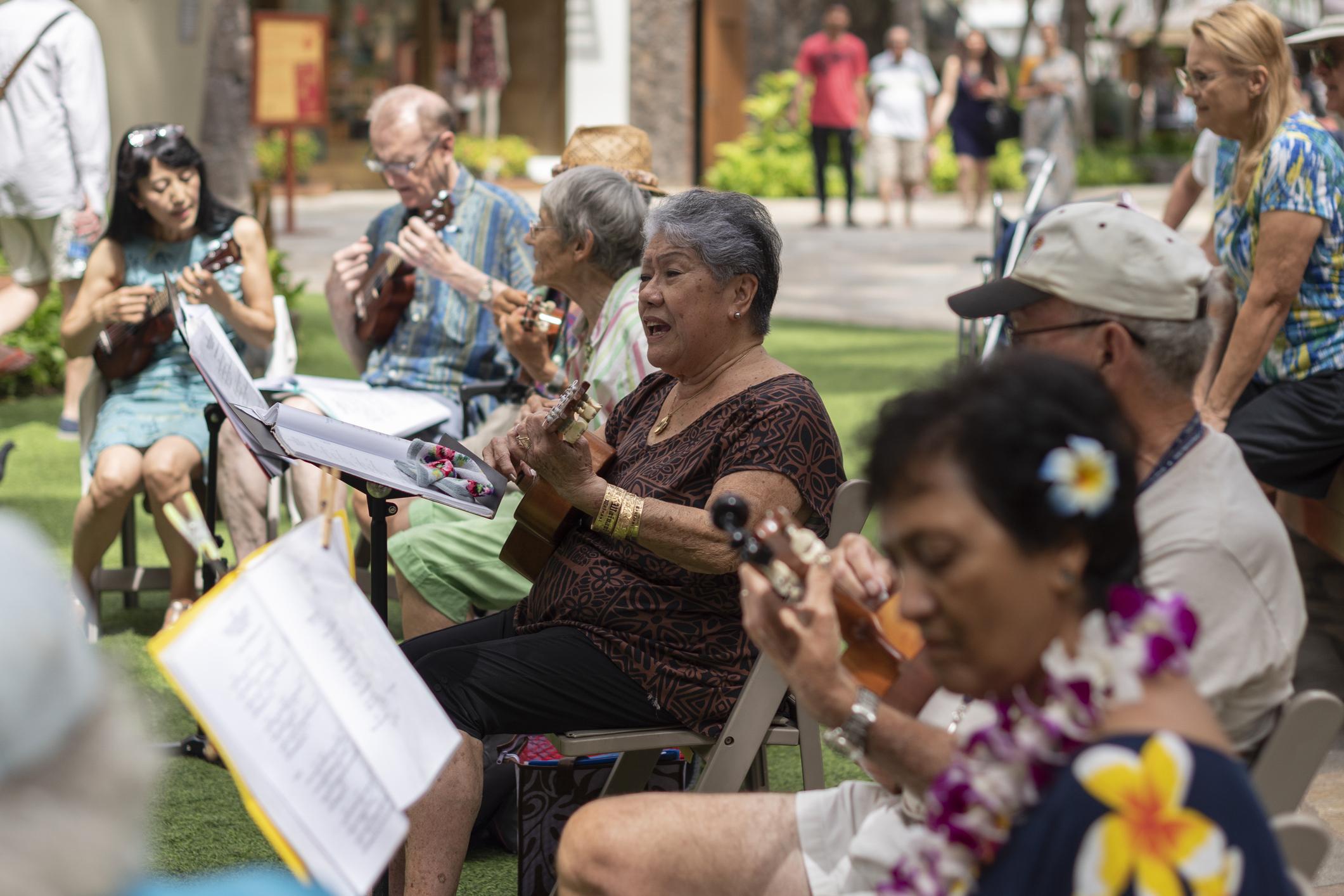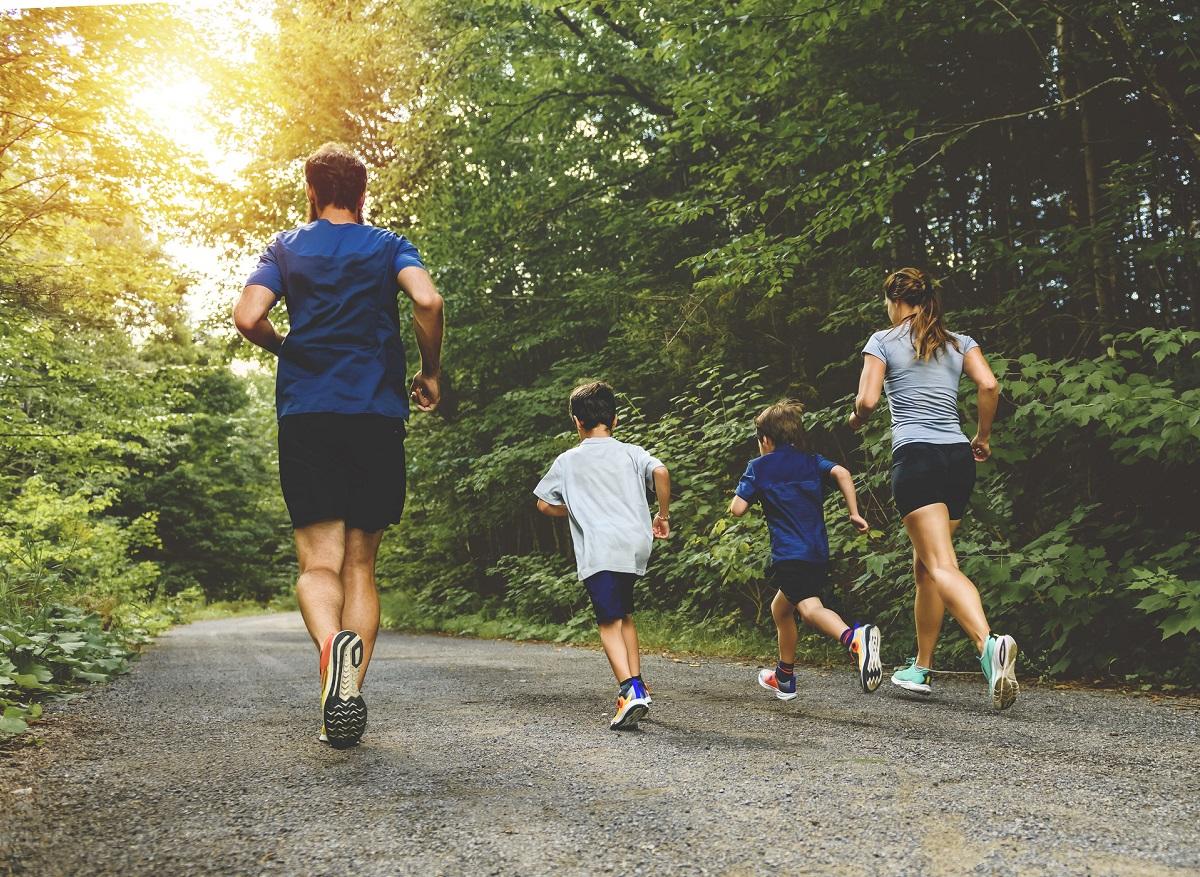Well protected in the sun
Children rarely get skin cancer. The disease only develops when the sun has caused damage to the cells for years, in other words at an older age. Does lubrication still make sense?
Just to get straight to the point: yes, it does make sense to go into the sun well protected even at an older age. In fact, skin cancer mainly affects people over the age of 50. This is because the harmful effect of the sun on the skin builds up slowly. The more exposure, the more risk. By protecting yourself well at a later age, you therefore ensure that the risk of skin cancer does not increase further.
In 2009, an estimated 40,000 Dutch people were diagnosed with skin cancer for the first time, a doubling compared to fifteen years ago. That’s more than a hundred new cases a day. Because these are not registered nationally, the actual number may be even higher.
While some cancers are becoming less common and can be treated better with early detection, the number of cases of skin cancer is increasing. The cause of this? Over the past thirty years we have started to enjoy the sun(nebank) much more. Moreover, the Dutch do not take skin cancer very seriously. International research shows that we, together with the Swedes, are the least concerned about the bad effects of the sun of all Europeans. Moreover, no European loves ‘baking’ as much as we do. And let’s not easily tell us to stay out of the sun: we Dutch can decide that ourselves!
The effect of UV rays
Scientists think that almost all cases of skin cancer are (partly) caused by the sun. The UV radiation in sunlight penetrates deep into the skin. As a result, the hereditary material (DNA) of skin cells can be damaged. This happens when the skin burns, but also when it tans slowly. Usually such damage is repaired directly by the body. But sometimes it goes unnoticed or doesn’t recover properly. The defective cell can then divide uncontrollably: skin cancer develops.
The most dangerous form of skin cancer is melanoma, cancer in the pigment cells. About ten percent of all skin cancer patients have this form and in the Netherlands an average of 600 people die each year. Other, less dangerous types of skin cancer are basal cell carcinoma and squamous cell carcinoma. 80 to 90 percent of patients with these cancers survive.
“In many cases, skin cancer can be treated well,” says dermatologist Wietze van der Veen, director of the Netherlands Institute for Pigment Disorders at the AMC in Amsterdam and head of Dermatology at the Netherlands Cancer Institute (NKI). He regularly has people at his office who think that skin cancer is hardly harmful. A misconception, he says: “If the cancer spreads, treatment is more difficult. And even if there is no immediate risk to health, skin cancer can have unpleasant consequences. The affected area is often on highly visible body parts, because they get the most exposure to the sun. For example, on the face. After removal, an ugly scar often remains.”
Whether you are often in the sun for a short time or occasionally for a long time, that does not matter according to Van der Veen; it all increases the risk of skin cancer. Burning your skin is the worst – that suddenly causes enormous damage to the skin cells. But an accumulation of small damages can also lead to skin cancer.
Van der Veen: “The more someone has been in the sun in their life, the greater the risk. And the hours of sunshine at a later age also contribute to this, as do the hours under the sunbed. That radiation is just as harmful.”
Prolonged exposure to the sun at a young age (up to about sixteen years of age) is doubly dangerous, says Van der Veen, so extra protection for children is urgently needed: “Because children’s skin is still growing, there is less time to repair mistakes. This creates scars, as it were, in the skin cells that children carry with them all their lives. The more scars, the greater the risk of skin cancer later in life.”
Lubricate, lubricate, lubricate
The best way to prevent skin cancer is to stay out of full sun as much as possible in the middle of the day. But that is – certainly in the summer – easier said than done. Moreover: many people enjoy the beneficial warmth on the body. In any case, make sure that your skin does not burn. If you go into the sun, protect your (uncovered) skin well by rubbing it with an anti-sun cream with a high protection factor.
Which? People with very fair skin, red or light blond hair and blue eyes, burn easily. They would do well to use an anti-sunscreen product with a protection factor of 20 to 30. People with light skin, blond hair and gray, green or light brown eyes burn slightly less quickly. They are recommended to use a factor of 15 to 20. People with tinted or dark skin and dark eyes can do with less: a factor of 10 to 15 is sufficient. Your skin type is hereditary and never changes. That also applies to the protection factor that you should use.
Apply the cream or lotion thickly and repeat every two hours, even if your skin is already tan. Not just for sunbathing, but for all outdoor activities, from cycling to gardening. By the way: although the older skin becomes slightly thinner, it is not necessary to use a higher factor above 50.
Please note: the use of sunscreen is not a license to sunbathe indefinitely. Doing so increases the risk of skin cancer. There is no such thing as a protection factor that stops all harmful radiation. That is why it has been prohibited since 2008 to put ‘sunblock’ on a product. In short, an anti-sunscreen product is an additional measure, in addition to wearing clothes, a hat or cap and seeking out the shade. And if you’ve had skin cancer, what then? Dermatologist Van der Veen: “If you protect your skin in this way, you can also go outside when the weather is nice.”
Healthy sun
The UV radiation in sunlight not only has negative sides, it is also indispensable for our health. Under the influence of the sun, our body produces vitamin D – the basis for strong bones. Vitamin D may also reduce the risk of colon cancer. UV radiation also helps against some skin problems, such as psoriasis and eczema.
To benefit from the beneficial effects of sunlight, being outside for 15 minutes to half an hour every day is sufficient. Undressing is not necessary; enough radiation enters through the skin of the hands and face. Anti-sunscreen especially keeps the vitamin D-boosting UV-B
in return for. In that respect, it is better to sit unprotected in the sun for fifteen minutes than for a few hours protected.
More information
• www.kwfkankerbestrijding.nl: Here you will find a test to determine your skin type, tips on sensible tanning and sun advice for your holiday destination.
• www.zonverwijs.nl: a campaign site of KWF Kankerbestrijding with practical tips about sunbathing.
• The Cancer Infoline: 0800-022 66 22 (free), for all imaginable questions about cancer.
Sources):
- Plus Magazine










